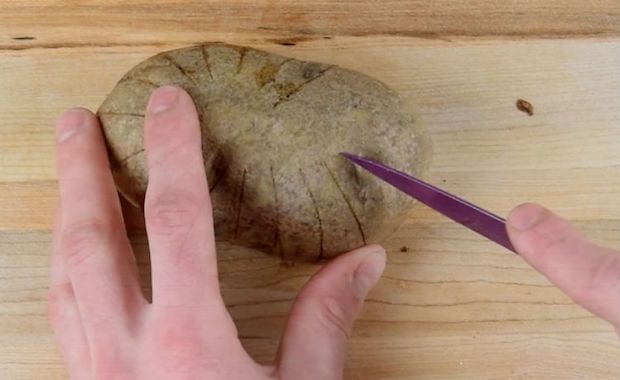Advertisement
Apple
World’s Smallest Porpoise on Brink of Extinction
By
Jason Owen
2 min read
- # extinction
- # Gulf of California
- # Mexico
Advertisement - Continue reading below
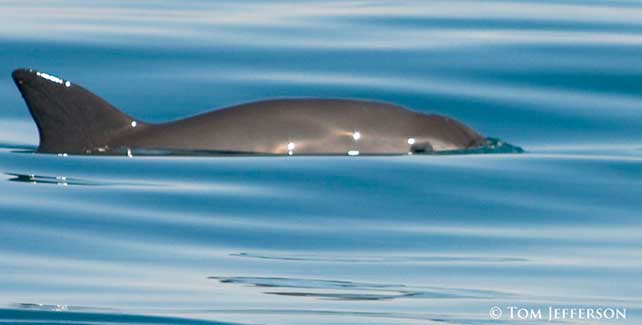
Researchers are warning in a new study that the world’s smallest porpoise is on the brink of extinction and could disappear within five years.
In a report presented to Mexico’s Minister of the Environment and Natural Resources, an international group of scientists revealed there are now only an estimated 60 vaquitas remaining in the Gulf of California, the marine mammal’s natural habitat.
The researchers estimate the vaquita population dwindled to as few as 570 in 1997, 250 in 2008, and now just 60; a decline of 92 percent.
The rapid decline in the vaquita population is widely blamed on the marine mammal getting caught in gill nets used by fishermen in the upper Gulf. The vaquitas are generally “bycatch” and end up drowning as the fishermen attempt to catch another endangered species, the totoaba fish, “whose bladders command high prices in China,” the San Diego Union-Tribune reported.
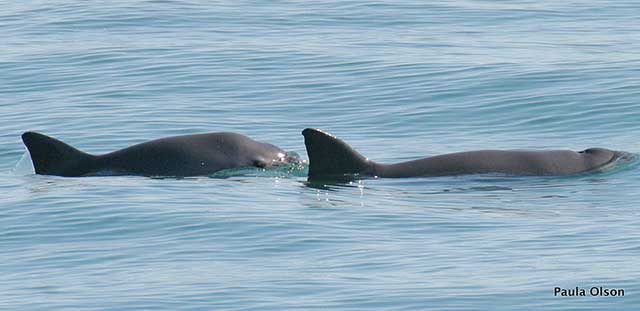
“We are watching this precious native species disappear before our eyes,” said Lorenzo Rojas-Bracho, chair of CIRVA and co-chief scientist of the survey. “Our latest survey confirms the catastrophic decline before the emergency gill-net ban. This gill-net ban and strong enforcement must continue if we are to have any hope of saving the vaquita.”
CIRVA is the International Committee for the Recovery of the Vaquita.
Last year, Mexican President Enrique Peña Nieto announced a two-year ban on gill-net fishing, the Union-Tribune reported. But conservationists believe enough is not being done and hope a permanent ban goes into place.
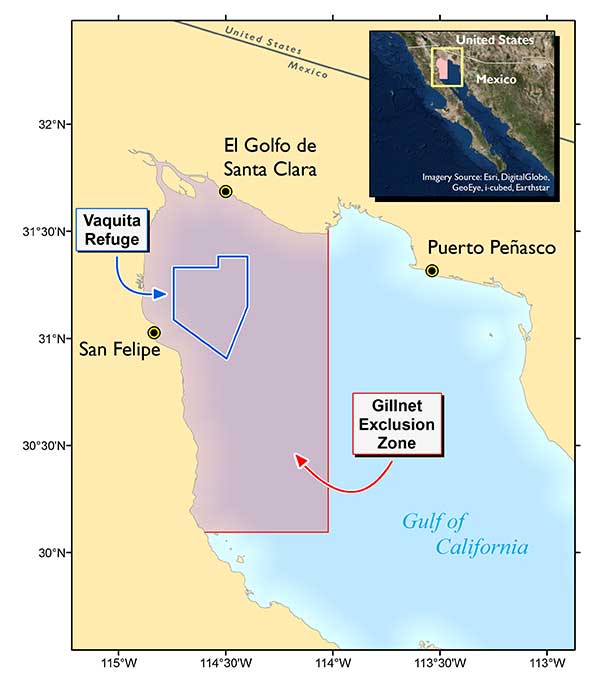
Despite the low numbers, experts believe the vaquita are not a lost cause.
“We would be in much worse shape if they hadn’t taken the emergency ban,” said Barbara Taylor, a conservation biologist at the National Oceanic and Atmospheric Administration’s Southwest Fisheries Science Center in La Jolla and co-chief scientist in the vaquita survey.
Taylor believes with political will, economic resources, and closely monitoring “clandestine totoaba fishing,” the vaquitas numbers can grow again, the Union-Tribune reported.
Vaquitas generally grow to just five feet and can weigh 120 to 140 pounds.
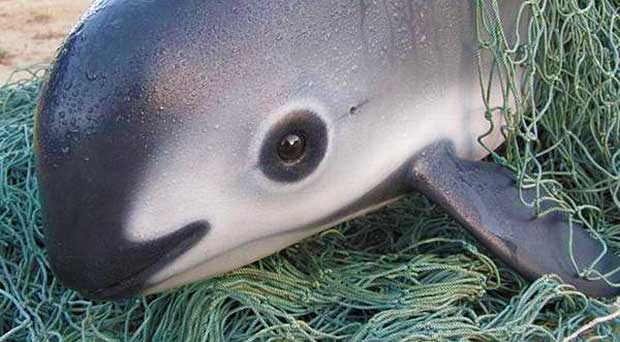
Advertisement - Continue reading below


